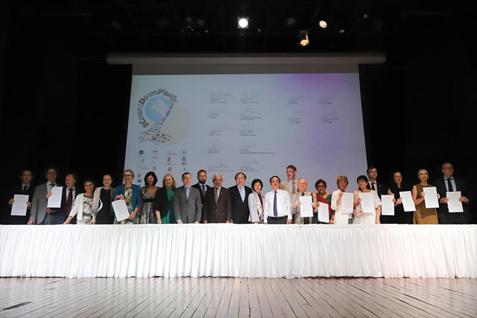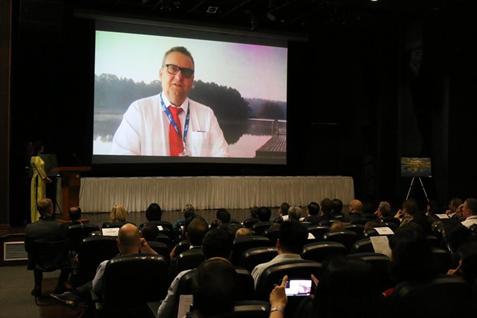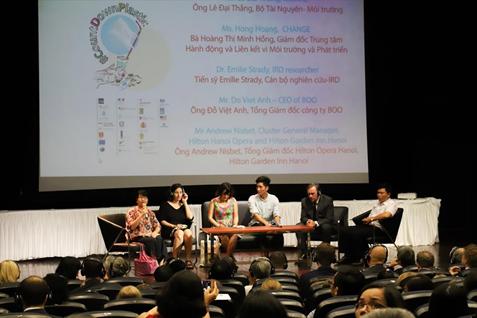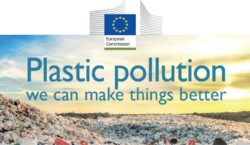On 4 June Finland, along with Denmark, Norway and Sweden, along with other international partners established a joint effort in combating plastic pollution in Vietnam.

Forty-one embassies and international organisations marked World Environment Day by signing a Code of Conduct on Combatting Plastic Pollution. The signing ceremony was a highlight in the Plastic Pollution Advocacy Campaign, a joint campaign working in support of Vietnam’s sustainable development.
The Nordics and other international partners committed to assessing their current office practices related to single-use plastic, and instituting operational changes to minimize their plastic waste footprint. All signatories also agreed to engage their staff in reducing plastic waste and to encourage their partners to adopt low- or no plastic waste-emitting options. Moreover, signatories seek to act as change agents in reducing plastic pollution in Vietnam and raising awareness about its negative effects on humans, animals and the environment.

After the signing ceremony there was a roundtable on plastic pollution, in which policy makers, business leaders, academia, and environmental activists discussed the challenges in reducing plastic waste and recommended approaches to effectively address plastic pollution.
For the past months, Finland and other international partners have been actively engaged in this multi-pronged campaign. Another key element has been constructive dialogue with Vietnamese leaders to discuss policy options that will have long-term positive effects on plastic pollution in Vietnam. In addition, an online campaign, #CountdownPlastic, has been running on the social media platforms to call for public action on reducing single-use plastic in people’s daily lives and workplaces.
As plastic pollution is a pressing global issue with devastating ecological consequences, and as Vietnam is among the top five source countries for the eight million tons of plastic that is dumped into the world’s oceans each year, the parties acknowledge their collective responsibility as international partners in Vietnam to work with some urgency as change agents to reduce plastic pollution and raise awareness about its negative effects on humans, animals and the environment.

They stated:
“We hereby commit to the following actions, through which we hope to make a tangible difference in how our work is conducted in this country:
Not to buy or use disposable plastic water bottles in our offices, and endeavor to find alternatives to plastic for the meetings and events we organize;
To undertake an assessment of our current office practices and their impact on the amount of plastic waste generated, and institute operational changes to minimize our plastic waste footprint;
To engage our employees on the need to reduce our plastic waste, and inform them on how they can help refuse, reduce, reuse and recycle plastics at the household level; and
To encourage all of our partners (government, project, institutional), suppliers and service providers to adopt low-or no plastic waste-emitting options, wherever and whenever possible.”
List of Embassies and International Partners in Vietnam signing the Code of Conduct:
Asian Development Bank, Austria, Belgium, Canada, Czech, Denmark, European Union, Finland, France, Germany, Ireland, Italy, Netherlands, New Zealand, Norway, Poland, Romania, Slovakia, Spain, Sri Lanka, Sweden, Switzerland, United Kingdom, United States of America, United Nations in Vietnam (16 UN Agencies, Funds, Programmes and Specialized Agencies), and the World Bank
Source: Embassy of Finland, Vietnam

